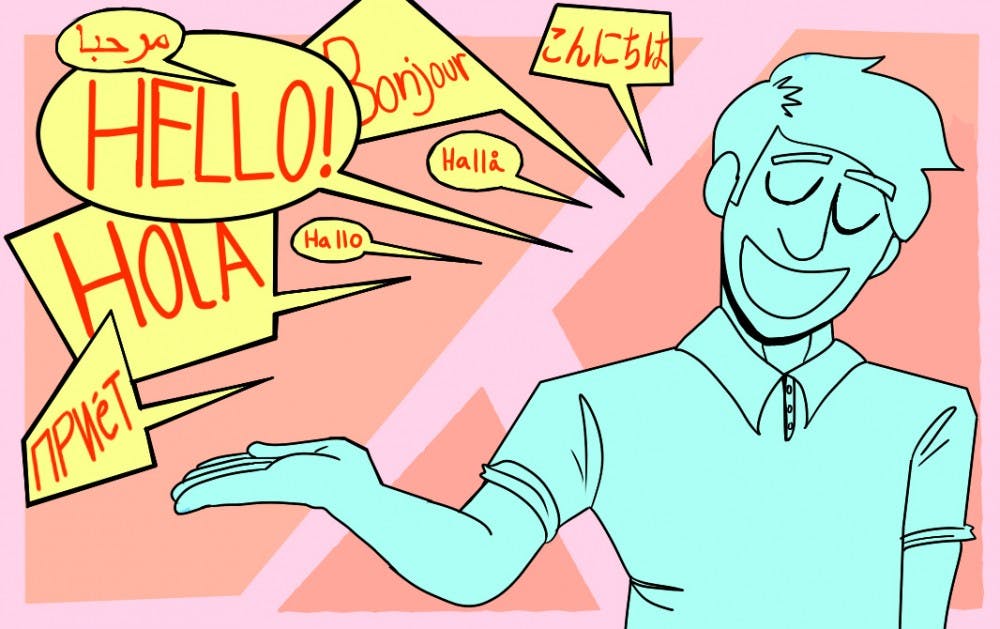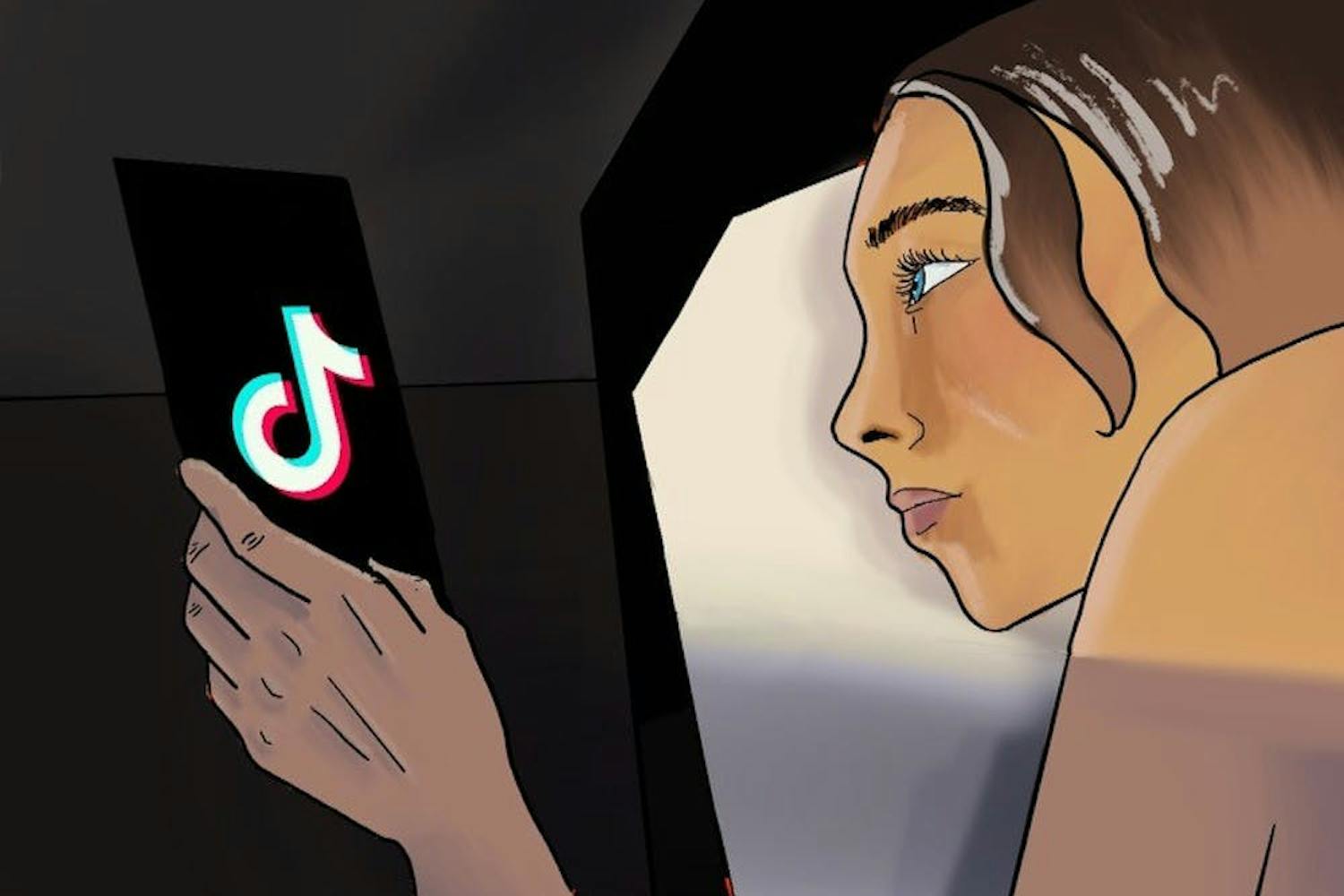Despite the allure of studying abroad, one potentially uncomfortable aspect of living in a foreign country is feeling like an outsider.
Students are used to their own culture, so being immersed suddenly in a place where they don’t understand the native language, the popular culture and other parts of everyday life can be alienating.
A common response is to endure this period of culture shock and eventually adjust. However, while this stage is uncomfortable, it's one of the most crucial parts of the study abroad experience.
This span of time is valuable because it gives students a glimpse of what it’s like to adjust to a foreign culture, something many immigrants are forced to do on a larger scale when they come to a new country.
Of course, the study abroad experience is in no way proportional to the experience of uprooting one’s life and acclimating to a new location — that is not the argument of this column.
Rather, the argument is that studying abroad can offer students a small but important sense of what it’s like to deviate from the norms of the prevalent culture and how to look past differences. This can help build empathy for people who have to deal with such issues on a larger scale every day, including many students at ASU.
ASU ranks in the top-30 universities in the country in terms of international enrollment according to U.S. News and World Report.
With nearly 13,000 international students at ASU as of the 2015-2016 school year, the ability to understand and relate to other people's cultures is important to better relating to many of our colleagues.
Robert Shuter, a research professor who focuses on topics such as intercultural communication in the Hugh Downs School of Human Communication, said he thinks developing empathy for people of all backgrounds is crucial.
“It’s important ASU students increase their empathy for people in general, despite having different backgrounds,” Shuter said. “That can include people from different neighborhoods, cities and especially countries. Studying abroad is as an opportunity to build on that skill.”
Having at least some experience with being a foreigner can help students gain a new perspective on what it might be like for people who deal with these struggles in their regular routines.
Along with trying to understand what it’s like to be an outsider, students should educate themselves on different cultures.
Studying abroad serves this function, but that doesn’t mean it’s the only way to learn about other cultures or that students shouldn’t begin building this understanding beforehand. ASU offers clubs where students can meet their international peers, many of whom are from countries offered in study abroad programs.
Finding a club tailored to one’s program is a great way to prepare for and gain prior knowledge about various destinations and the people who live there.
While doing so, students should keep in mind that learning about other cultures is about recognizing how people are alike.
“The notion that people from other cultures or backgrounds are more different than they are similar is a problem,” Shuter said. “When students really try to become familiar with other cultures, they will find the opposite is true.”
The more similarities students see, the more empathy they’re capable of having. This is essential in today’s global age, especially as countries continue to focus on topics such as immigration.
And at ASU, where we have a very diverse student body, being empathetic is invaluable to bettering the environment on campus. To discuss a given topic with an informed opinion, empathy is crucial, despite political beliefs.
College is meant to prepare us for worldly issues, and studying abroad is no different. It offers a unique, important experience for college students to learn about the complexity of cultures and how we relate to them. Students should enjoy the experience while also learning and developing as much as possible.
Reach the columnist at jkbeneve@asu.edu or follow @JacobBenevento on Twitter.
Editor’s note: The opinions presented in this column are the author’s and do not imply any endorsement from The State Press or its editors.
Want to join the conversation? Send an email to opiniondesk.statepress@gmail.com. Keep letters under 500 words and be sure to include your university affiliation. Anonymity will not be granted.
Like The State Press on Facebook and follow @statepress on Twitter.




